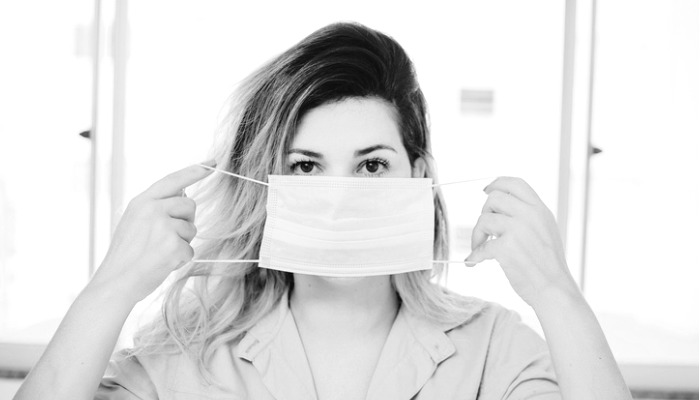Five PPE checks for 2021
In Running Your Business
Follow this topic
Bookmark
Record learning outcomes

This year has been an extraordinarily challenging period for everyone, with none having felt it more than frontline health workers. For those workers, ASAP Innovations' Sean Keller says it’s essential they have the right protection.
The UK government recently said that the number of PPE masks distributed to health and social care services each month has increased from 1-2 million to 85-95 million over the course of the pandemic. However, with reports from the National Audit Office stating that hundreds of millions has been spent on unsuitable items that could not be used, it’s imperative that those purchasing PPE understand how to ensure they are buying legitimate and certified items.
At ASAP Innovations, we’ve seen fraudsters trying to replicate our brand this year, attempting to cash-in on increased demand. For the avoidance of doubt, here are the key pointers to certified and registered PPE.
1. Notified bodies are organisations designated by an EU country to assess the conformity of a product before it’s placed on the market. All notified bodies designated to assess PPE are listed on the EU Commission’s NANDO (New Approach Notified and Designated Organisations) website. This is updated regularly, so purchasers should look for products that have been certified by notified bodies.
Certificates issued by EU notified bodies will continue to be valid for the market in Great Britain (GB) until 30 June 2023. The EU ceased to recognise UK notified bodies, such as the MHRA, on 1 January, so manufacturers wishing to export to the EU now need to register products with an EU notified body.
Now that the initial rush on PPE has settled, purchasers mustn’t fall foul to uncertified products
All medical devices placed on the UK market now need to be registered with the MHRA, although there is a grace period for registering Class I PPE products until 1 January 2022. Manufacturers from outside the UK need to appoint a single UK Responsible Person who will take responsibility for the product.
2. CE Markings These indicate that a product has been assessed by the manufacturer and deemed to meet EU safety, health and environmental protection requirements. This is a requirement for products placed on the EU market that are manufactured anywhere in the world. The manufacturer is obligated to issue a declaration of conformity, meaning they take full responsibility for placing the product on the market. CE markings will continue to be recognised in GB until 30 June 2023.
3. Technical file This provides information on the design, manufacture, and operation of a product and must demonstrate that it conforms to the applicable requirements. It proves that the product meets the essential requirements to justify and support an EU declaration of conformity.
4. EU declaration of conformity This is a mandatory document that a manufacturer or the authorised representative needs to sign to declare the products comply with the EU requirements. The document must reflect the manufacturer, the address, implementation standard, ingredient content, production batch number, production date and expiration date, to name a few. Suppliers of gloves and masks should provide the technical file and EU declaration of conformity.
5. EN standards Medical products on the EU market should comply with EN standards. For example, masks should comply with standards EN14683 and EN149, gloves with EN455 and EN374 standards. A lot of businesses supplying fake and unsuitable PPE have the wrong standard in relation to the given masks or gloves.
Purchasers of masks and gloves should take time to look at the packaging of the equipment they’re buying and be sure to ask providers to show the technical file and EU declaration of conformity. On many fakes, there is no CE marking and also the ‘issuing body’ will not be listed on the EU Commission’s NANDO website, meaning the product is not registered or certified.
Sadly, demand for PPE this year has presented opportunities for fraudulent activities. However, now that the initial rush on PPE has settled, purchasers mustn’t fall foul to uncertified products. Partnering with a credible, reliable and certified manufacturer will ensure that healthcare institutions protect of all their staff and patients.
Sean Keller is managing director of Ireland and Malaysia-based ASAP Innovations, which has 150 certified product lines of masks and gloves available to UK organisations. The company has registered its products with an EU notified body and is on track to complete registration with the MHRA before the grace period ends.
